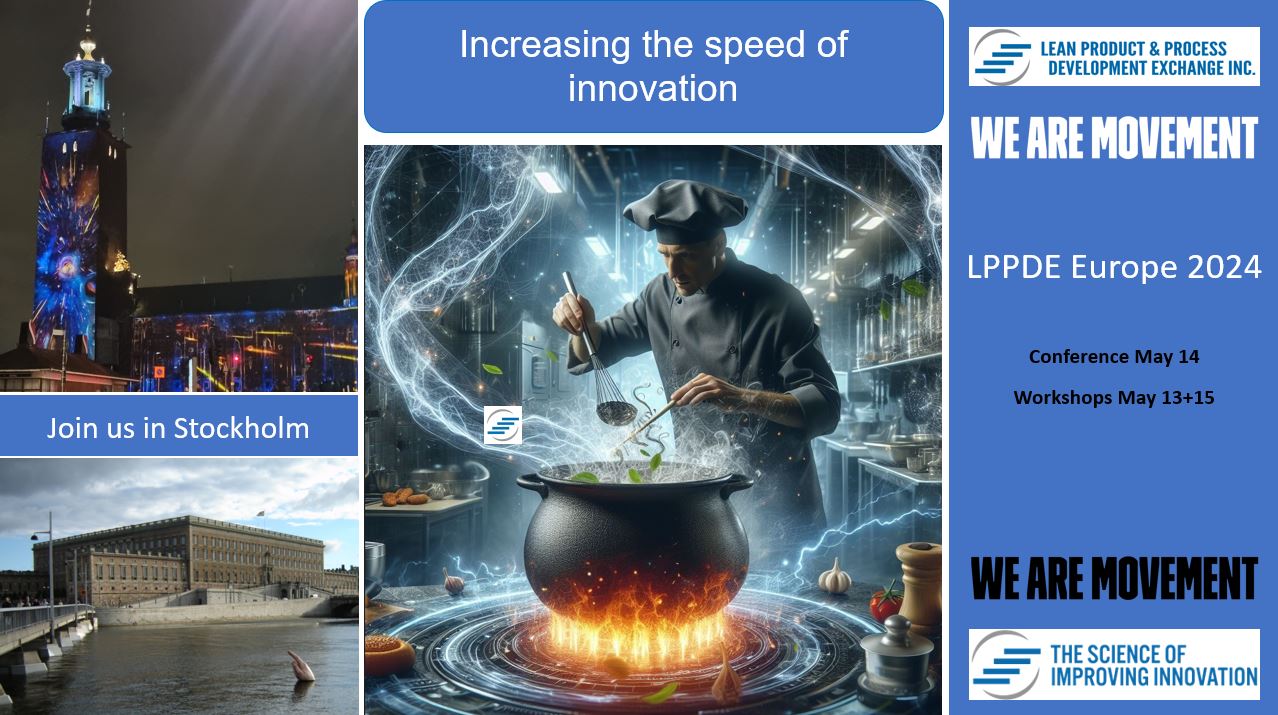
LPPDE Europe
Join leading thinkers pioneering lean product and process development?
May 13-15, 2024
Increasing the Speed of Innovation
Are you ready to connect with the practitioners at the leading edge of lean agile transformation journeys?
Join leading practitioners pioneering lean product and process development as well as agile and devops?
As usual we promote the Exchange of knowledge, so we have asked all speakers to stay for the day, including a very special Networking buffet in the evening. A great networking event where everyone “gives and takes”, sharing and creating new usable knowledge.
The day will have mixed speakers giving their experiences (both successes and failures) on Increasing the Speed of Innovation of central importance to the business success. We have speakers from various countries and with different background like Lean Product and Process Development, Agile for hardware, Knowledge Based Development, Devops, but also mindset and culture.
Our objective is that this conference will be on the forefront of developing our way of working with innovations, within hardware, software and processes. We are aiming at creating a new milestone by combining all available schools of knowledge into something useful for everyone attending.
Everyone signing up will also be invited to our LPPDE Virtual Summits where we will be preparing some themes we will touch on the conference. The aim is to create a learning community striving for perfection, or as we say here; on Increasing the Speed of Innovation.
Thanks for joining us in Stockholm,
Peter Palmér, Ingela Hofverberg & Fredrik Viljesjö
Conference chair & co-chairs
LPPDE Europe 2024



Learn more about the knowledge you will gain at LPPDE EU 2024!
Monday, May 13, 2024 Pre-Conference Workshops
Workshop Track 1
08:30 - 17:00
Lunch Included
The Lean Machine – The 7+1 principles of Lean Product and Process Development
Dantar Oosterwal
Argo-Efeso Consulting Group
This workshop introduces participants to the foundational principles of lean product and process development. It is targeted specifically for newcomers to the community to help get them up to speed on some of the basic concepts so they can get the most from the main conference. The workshop based on Dantar´s model “The Lean Machine 7+1”
In 2003 Harley-Davidson was awarded the Outstanding Corporate Innovator award by the Product Development Management Association (PDMA) yet a short time later the same organization was able to deliver over 4 times as much innovation. Through a significant investment in production capacity, the backlog of motorcycle demand Harley-Davidson had enjoyed in the 1990’s drastically reduced. In order to generate product demand, Harley-Davidson adopted lean product development methods to their product development system powering this dramatic improvement in innovation output and demand. Not many people recognized the business significance of the article in the November 2005 issue of Easy Rider Magazine.
At a glance it was like every other article in every other bike magazine with a write-up on the latest products launches and the new model line-up for Harley-Davidson. After all, Easy Rider is not generally considered a scholarly journal. The headline of the article proclaimed in big bold print, “The Sleeping Giant Awakens”. The Sleeping Giant Awakens?
Harley-Davidson had seen 24 quarters of record sales and record profits. But these were bike guys and they were blown away by the torrent of new products flowing from the motor company. The largest introduction of new products they had ever seen. Harley-Davidson’s lean product development efforts resulted in 50% reduction in time to market and a 4-fold increase in throughput while maintaining a quality level of 98% repurchase intent. Later as the Vice President of Innovation for Sara Lee, Dantar once again applied these principles in leading the creation and implementation of Sara Lee’s global Innovation process resulting in 35% improvement in R&D efficiency and 5 fold increase in revenue from new products.
Over the years, Dantar has worked with numerous companies as an adviser, coach, and consultant to help them learn and implement these techniques. In his book Shingo Prize awarded book, ‘The Lean Machine’, Dantar shares the story from this product development transformation. In this session, he will share lessons from his learning journey as he tells his story of applying lean product development principles in a corporate environment that didn’t want to change. He will explore the complexities, the challenges, and the pitfalls associated with creating organizational change to improve the innovation process. He will also discuss key principles of ‘Knowledge based product development’ and how you can utilize them to improve any product development system to improve innovation flow, revenue growth, and profitability.
7 Keys to successful Lean Product Development that will be covered include:
- Manufacture customers
- Portfolio Cadence & Flow
- Set-Based
- Reusable Knowledge
- Visual Management
- Lead with Entrepreneur System Designers
- Teams of Responsible Experts
+ 1:
- Match Throughput to Business Need
These 7+1 key aspects to Lean Product Development and the all-important connection to the business are summarized in a one page document called Lean Product Development in a nutshell and can be downloaded here: https://www.developlean.com/lean-product-development-in-a-nutshell
5 Take-aways you can expect from this session:
- What Lean Product Development is and why it is sometimes referred to as Knowledge-Based or Set-Based Product Development
- The benefits of Lean Product Development for the organization
- Key aspects of Lean Product Development which can be applied to improve product development in any organization
- Why moving lean from manufacturing upstream to product development doesn’t work
- How to apply and integrate Lean Product development to an organization
In more recent time Dantar has teamed up with Andreas Dörken and developed the model even further.
Dantar Oosterwal is highly regarded as a global thought-leader in Lean Innovation & Product Development systems as well as an advisor, speaker and award-winning author. He has a passion for learning and applying lean product development systems to impact improvements of business performance. Dantar has championed many large and global operational improvement initiatives as well as developed and led Lean Innovation transformations for organizations resulting in profound improvements to both top-line revenue and bottom-line efficiency. He has been awarded the Shingo Prize for his work in Lean Innovation by the Shingo Institute, the Outstanding Corporate Innovator award from PDMA and several product patents. Dantar has served as the Global Vice President of Innovation at Sara Lee and Product Development & Product Planning Leader at Harley-Davidson Motor Company. His consulting experience spans a diversity of industries ranging from raw materials (mining and chemicals) to high-tech defense systems. Today Dantar is Sr. Vice-president at Argo.
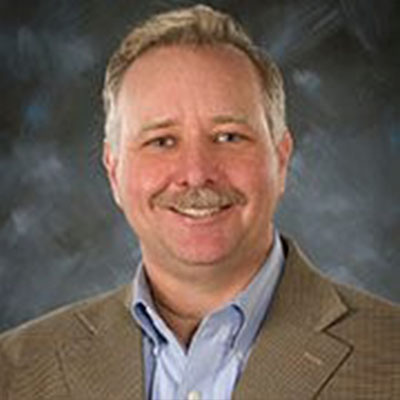
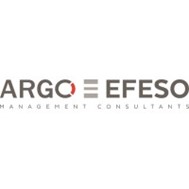
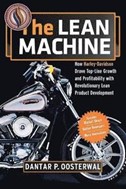
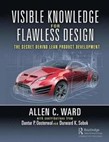
Workshop Track 2
08:30 - 12:30
Evolving and Transforming Mindsets and Operating Systems - It Always Starts with Me!!
Ulrika Thell, Scania
To handle the challenges we face in a more and more complex environment, we tend to focus on what is tangible. We upgrade our way of working, and we try to become even better at what we do through more knowledge and experience. Focusing on these areas will help us become more efficient, but is that enough? This workshop will focus on why it is essential to upgrade our own internal operating systems as well, and that change starts with you (me!).
Ulrika Thell is a human centered change agent, an agility in leadership expert (ICE-AL) and a Meditation Teacher & Coach. She has 25 years of experience working in the automotive industry, with over two decades in different leadership positions. Cross functionally, nationally and internationally.
Ulrika has aways been intrigued by change and willing to test new things. As a leader she has had the privilege to drive change and it is her experience that when you do, it is of outmost importance to do that from the heart and with a human centered approach. This has become a driving force for Ulrika in recent years, as change comes from within and the speed of change and the need of flexibility is ever increasing. This requires more diverse perspectives and affect our behaviors and culture as well. Therefore she also state the importance of personal growth as an item on the daily agenda of a successful business, equally important as deliveries and customers et al.
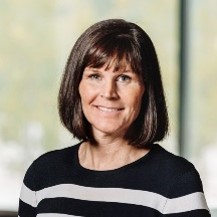
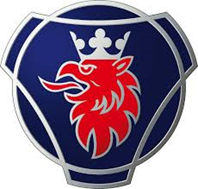
12:30
Lunch

13:30 - 17:00
Applying Knowledge Based Development
Christer Lundh, Founder and President at AUFERO
In this half-day workshop participants will explore different ways to learn faster and how to build knowledge for personal and professional development.
Why is learning faster important? Complex systems, those with interacting parts, convey information/ knowledge through stressors. Without stressors, systems don’t show visible risks. “Silent” risks accumulate under the surface. And the later feedback, the larger harm and delay. Uncertainties are unknown, and need to be explored. While risks are measurable and remediable. Therefore, it is important to learn to build knowledge faster.
Key Takeaways:
- Understand the role of Entrepreneurial Leadership – define the direction of travel, clear communication of why and prioritize in-real time based on customer value.
- Learn about efficient Shorter Feedback Cycles – quantify knowledge gaps, apply homing, run trials with small errors/stressors and close gaps using multiple countermeasures that have impact f(x).
- Learn ways to create Continuous flow – limit Work in Process (WIP), monitor the queue of missions based on modularization (architecture), and run one small mission/feedback cycle at the time.
- Understand the difference building Teams of Responsible Experts – small cross-functional teams run unit and integration tests together, build knowledge bottom-up and make valuable knowledge visible for reuse.
Join us. KBD will increase your speed of innovation – try, fail and learn faster from what doesn’t work, what not to do and why it doesn’t work. And how leadership, teams and flow play into this.
Christer Lundh has a long and deep understanding of lean product development. Over the past fifteen years, in different leadership positions, he has effectively implemented, and applied product development processes based on Flow and Knowledge Based Development (KBD) at several companies.
To empower people, Christer has successfully adapted development teams around ‘Function / Value’ recognized by customers. Small cross-disciplinary Function Teams, applying Cadence and Flow on two-to-three-weeks takt, using Kanban Flow Boards and Daily Stand-up. And training and mentoring leaders and engineers, on the job training, of A3 process for problem solving / gap closing.
Christer has worked in lean set-up as Entrepreneurial System Designer leading a start-up. With speed and focus, rapid and valuable customer feedback and great sense of urgency, the development teams swiftly improved on every new prototype. Enabled teams to learn about customers’ true needs. With present leadership, challenging targets and empower of people, teams quantify and make gaps visible. To see–transparency–boost motivation. Applying “homing,” with multiple quantified countermeasures, teams together close their gaps, and the best – them owning the solutions.
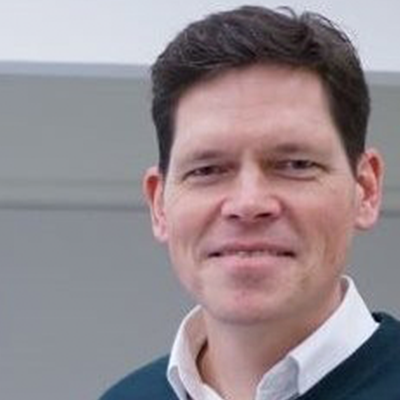
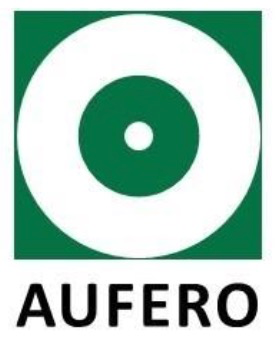
Workshop Track 3
08:30 - 17:00
Lunch Included
Enterprise Agile Essentials – Principles and Practices in Agile Development
Fredrik Viljesjö, We Are Movement
This one-day workshop is designed as an introduction and a deeper clarification of how Agile methodologies can help our enterprises. It offers a comprehensive exploration of Agile principles and practices, emphasizing their application in large-scale organizational environments. Participants will dive into the essence of Agile teams and their collaboration and how several teams build larger products and solutions in the enterprise, understanding their significance in fostering innovation, responsiveness, and sustainable growth in today’s dynamic business landscape.
Key Takeaways:
- Foundational Agile Principles: Grasp the core values and principles that underpin Agile methodologies and discover how they can transform your organizational culture and performance.
- Agile Practices for Enterprises: Learn to apply specific Agile practices such as Scrum and Kanban.
- Scaling Agile: Strategies and tools to effectively scale Agile practices across teams and departments, ensuring alignment with organizational goals.
- Leadership in an Agile Context: Insights on how to lead and motivate teams in an Agile environment, promoting autonomy, mastery, and purpose.
- Overcoming Challenges: Practical solutions for common obstacles in adopting Agile, from resistance to change to integrating with traditional processes.
- Continuous Improvement and Innovation: Techniques to foster a culture of continuous improvement and innovation within your teams and throughout the organization.
Who Should Attend:
This workshop is ideal for anyone involved in or responsible for overseeing product development in large-scale environments. Whether you’re new to Agile or seeking to deepen your understanding and application, this workshop will provide valuable insights and actionable strategies.
Fredrik Viljesjö is a seasoned Enterprise Agile Coach and teacher specializing in Lean and Agile methodologies who brings real-world experience and deep expertise in applying Agile at scale. Participants will benefit from engaging teachings, hands-on exercises, and interactive discussions.
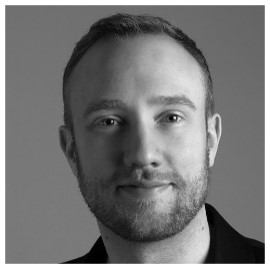

Tuesday, May 14, 2024 Conference Day - Increasing the Speed of Innovation
08:30
Summit Welcome
Peter Palmér, Conference chair LPPDE
Peter Palmér opens the day with his vision for the conference focused on Increasing the Speed of Innovation - A focused area for many companies to be fit for the future. During the conference we will refer to and share these important insights.
We will listen practitioners from established companies, speakers with deep knowledge touching the latest findings. As usual we will have a lot of time for knowledge exchange between participants and speakers at the leading edge of lean agile transformation journeys. Discuss and learn with leading practitioners pioneering lean product and process development as well as agile and devops.
As usual we promote the Exchange of knowledge, so we have asked all speakers to stay for the day, including a very special Networking buffet in the evening. A great networking event where everyone "gives and takes", sharing and creating new usable knowledge.
The day will have mixed speakers giving their experiences (both successes and failures) on Increasing the Speed of Innovation of central importance to the business success. We have speakers from various countries and with different background like Lean Product and Process Development, Agile for hardware, Knowledge Based Development, Devops, but also mindset and culture.
Our objective is that this conference will be on the forefront of developing our way of working with innovations, within hardware, software and processes. We are aiming at creating a new milestone by combining all available schools of knowledge into something useful for everyone attending.
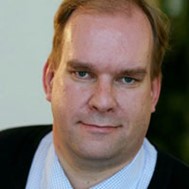
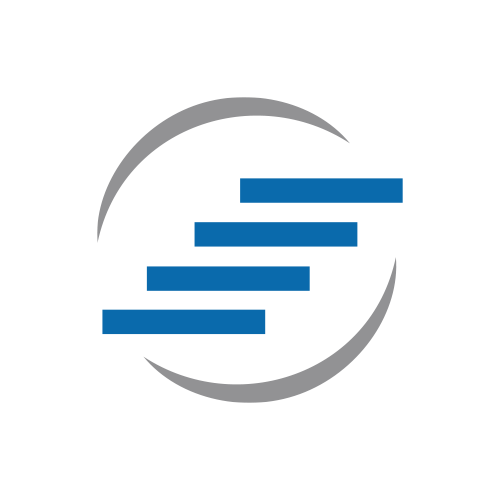
08:40
Keynote: LPPD Increases the Speed of Innovation
Dantar Oosterwal, Argo-Efeso consulting group
Dantar is highly regarded as a global thought-leader in Lean Innovation & Product Development systems. He has applied his LPPD-model in diverse industries and seen remarkable results in speed and innovation.
This presentation is about how to implement and succeed in increasing the speed of innovation using LPPD. By creating many ideas and then selecting the best you develop your product development organization to a lean machine
Dantar Oosterwal, Sr. Vice-president at Argo-Efeso consulting group, is highly regarded as a global thought-leader in Lean Innovation & Product Development systems as well as an advisor, speaker and award-winning author. He has a passion for learning and applying lean product development systems to impact improvements of business performance. Dantar has championed many large and global operational improvement initiatives as well as developed and led Lean Innovation transformations for organizations resulting in profound improvements to both top-line revenue and bottom-line efficiency.
He has been awarded the Shingo Prize for his work in Lean Innovation by the Shingo Institute, the Outstanding Corporate Innovator award from PDMA and several product patents. Dantar has served as the Global Vice President of Innovation at Sara Lee and Product Development & Product Planning Leader at Harley-Davidson Motor Company. His consulting experience spans a diversity of industries ranging from raw materials (mining and chemicals) to high-tech defense systems.
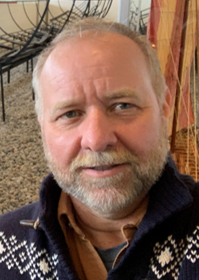

09:10
Continuous Industrialization - Increasing the Speed of Innovation by Integrating Product and Production Development
Fredrik Viljesjö, We Are Movement
Why do we often treat product development and production system development processes as separate phases? In this talk, we start to uncover what we can learn from how Lean, Agile and DevOps methodologies have integrated the full flow from an identified customer need to a finished improved product. While there are differences between physical and digital products, we need to challenge common “truths” to keep up with competition from new companies like Tesla and other digital natives. We will discuss tradeoffs like flexibility, procurement, design lead times, functional silos and more. We will go deeper in this subject during the full-day workshop, on May 15.
Fredrik Viljesjö is a seasoned Enterprise Agile Coach and teacher specializing in Lean and Agile methodologies who brings real-world experience and deep expertise in applying Agile at scale. Participants will benefit from engaging teachings, hands-on exercises, and interactive discussions.


09:40
Networking Break
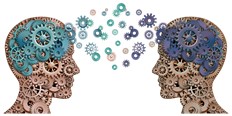
10:00
Path to Hardware Agility
Maarit Laanti, WikiAgile
Agile methods have proven to be beneficial in small organizations, and there is a challenge in using these methods in large organizations. Even bigger challenge is to use agility and agile development in hardware development. Maarit has studied the challenges of how to use agile practices in hardware which she will share.
Maarit Laanti Ph.D. is a SAFe Fellow, SAFe SPCT, and a pioneer of scaling agile methods. She has been nominated in the LIA100 initiative amongst one of the 100 women in the world who have contributed most to Lean and Agile.
She worked hands-on at Nokia for 20 years, and her Ph.D. from 2013 was based on the 10-year research she did while working for Nokia leading the largest agile transformation at a time in product development including software and hardware. Maarit’s dissertation defines what is scaled agile in research, being the first one in the field.
Maarit has contributed Lean-Agile finance and control to SAFe 3.0 and trained SAFe over 3000 persons. Currently, Maarit is a partner at wikiflow and WikiAgile companies, which support holistic Lean-Agile Enterprise transformation with a five-phased Lean-Agile transformation playbook, five SAFe SPCTs, and JoeDX from Joe Justice.
Specialties: Agile transformations, Agile Portfolio Management, Scaled Agile Framework, Transformation Coaching.
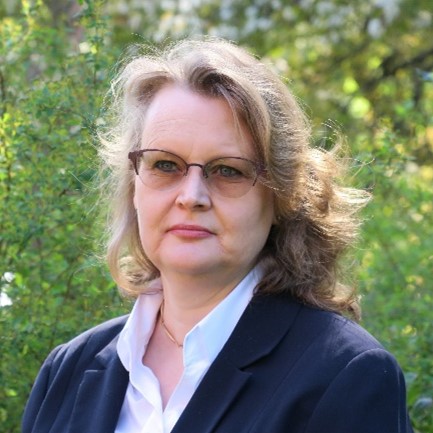
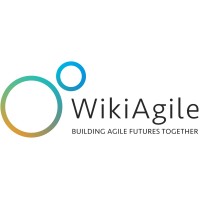
10:30
Practicing Speedy Innovation
Geoff Neiley, Rapiscan
We will delve into the exciting world of speedy innovation, guided by the principles of Lean Product and Process Development (LPPD). LPPD offers a structured approach to eliminate waste, improve efficiency, and foster a culture of continuous improvement. By embracing these principles, we can accelerate our innovation cycles, streamline product development processes, and reduce time-to-market. Let’s embark on this journey to explore how we can harness the power of LPPD for speedy innovation.
Geoff will share a case study about the introduction a new product into a new market. From science fiction to revolutionary product, the AS&E team introduces the first handheld x-ray machine. The product was successfully launched in record time using the LPPD principles. You will see step in the product development process that highlight the principles of pulling testing forward, earlier in development. He will share experiences of failures that taught his organization lesson that continue today.
Geoff Neiley has been in the mechanical engineering field for 30 years. After graduating from the University of Maine, Orono, he learned much about the custom equipment business at NESLAB Instruments designing water chilling systems. Following this he spent 15 years working for BTU International where he designed and lead projects for conveyorized furnaces using in the electronics and solar industry. During this time, he earned his master’s in mechanical engineering at the University of Massachusetts, Lowell. It was at BTU where Geoff began to see the value of concurrent engineering. Geoff joined AS&E in 2011 where he led the mechanical team to introduce state-or-the-art x-ray products for the security market. Three years after joining AS&E (now Rapiscan Systems) in 2011, the leadership team introduced the concept of Lean Product Development. Geoff joined the leadership team reading many Lean PD books, inviting Lead PD practitioners to AS&E and attending LPPDE for several consecutive years. AS&E has roundly embraced the concurrent engineering aspects of Lean PD focusing greatly of Set-Base Innovation and cross-functional collaboration with our supply chain and manufacturing team. In 2022, Geoff took the role of Director of Continuous Product Improvement and Configuration Management. In his new role, he continues to leverage his learning from 8-years for practicing LPPD. Geoff has been a member of the board of Lean Product and Process Development Exchange since 2019. Today he is still learning and experimenting with lean processes and enjoys the pride felt in enabling a cross-functional team to achieve challenging, rewarding goals.
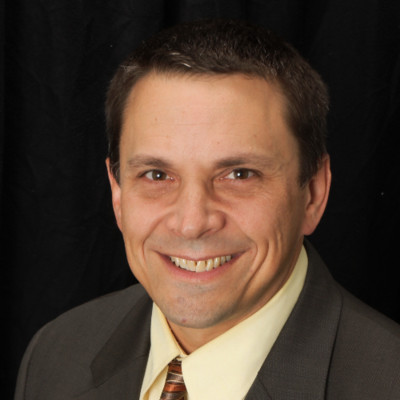

11:00
Break
11:10
Navigate the Innovation Landscape
Bengt Johansson, ASSA ABLOY
In the dynamic landscape of today's market, innovation is the lifeblood that ensures not just survival but the ability to flourish and lead. Let’s have a look at a game-changing strategy: leveraging the transformative power of continuous learning, training, and skills development to fuel the organization's innovative edge.
Envision a workforce that not only has the skills but also the courage to break new ground and pioneer industry-changing ideas. This is the power of a commitment to ongoing professional advancement that ignite creativity, equipping the team with the latest in technology and problem-solving skills, turning potential into reality.
Continuous learning is at the heart of our approach, creating an environment where innovation is constant. Investing in the team means investing in the future, fostering engagement, loyalty, and a reputation for innovation.
Bengt Johansson has spent his entire working life at ASSA ABLOY and has seen the company grow to a global champion. Bengt has been working around 25 years with product development in different roles, production engineering, through quality management and product development. The latest 15 years Bengt spent in ASSA ABLOYs Lean Innovation program where he has been the Global Lean Innovation Manager the latest 6 years.
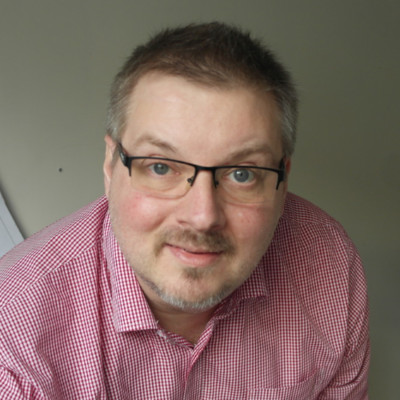
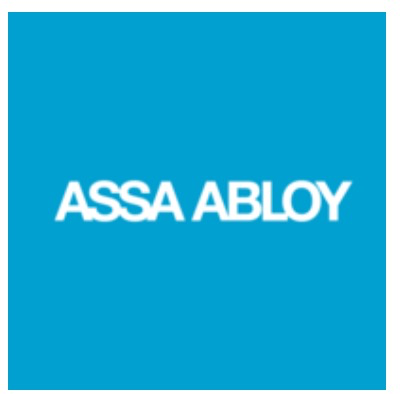
11:40
Reducing Time to Market in Hardware development with Scrum
Paolo Sammicheli, Klimsoft and Scrum@Scale
How to combine Agile, Scrum, and Lean to get the best of the two worlds:
Effectiveness and Efficiency together.
In this talk we'll see a case study showing a Scrum implementation into an Oil & Gas company to create and build the production line of a Home Gas Regulator.
Paolo Sammicheli is an Italian entrepreneur with over 30 years of experience, international speaker, and author of the books Scrum for Hardware, Scrum for Hardware Explained, and Scrum in AI - Artificial Intelligence Agile Development with Scrum and MLOps, which includes a foreword by Jeff Sutherland, co-author of Scrum and the Agile Manifesto. Today, Paolo works as a Registered Scrum Trainer and Coach for Agile Education by Scrum Inc. and helps organizations worldwide discover better ways to delight their customers. He is also a Lean-Agile Procurement and Management 3.0 trainer. He holds an "Executive Certificate in Management and Leadership" from the Sloan School of Business at the Massachusetts Institute of Technology.
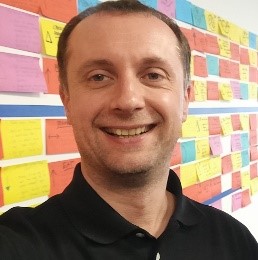
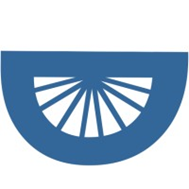
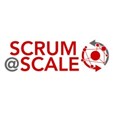
12:10
Networking Lunch - Open Space

13:30
Learning Faster with Knowledge Based Design (KBD)
Christer Lundh, AUFERO
Development is the process in which someone or something grows or changes and becomes more advanced. Would you agree that if you learn faster, you also develop faster?
Usually, products and services development face some common challenges. Namely the pain and frustration of waste of time and waste of money. Caused by waiting on feedback, late loopbacks and delays as a consequence.
Imagine the following: two twin companies are starting on the same day and doing exactly the same thing but apply two different test approaches. One company believes they can simply build it and it will work. They spend three months on design and development, then to build and verify their product during another three months. The other company runs experiments until they get it right. They start by building the simplest testable product to receive fast feedback. Based on the learnings made, they have time left to build and run another two trial rounds within the first three months. Which of those companies will be in a better position in three months or more? It’s simple, you don’t make progress without test/ customer feedback. If you don’t have new information/ knowledge, you’re not making real progress.
Developers can learn faster applying Knowledge Based Development (KBD):
Build new knowledge bottom-up, run multiple small experiments and move fast.
Why you should test your product today, even if it’s not ready, because you’ll learn so much faster. Don’t let perfect get in the way of better.
Learning the outer limits of function/ performance (points of failure) is not only OK, but also necessary. You only learn when you have real feedback.
Why, you would be better off starting small and moving fast. The faster you receive feedback, the more experiments you can conduct within the same budget and time constraints. The 1/N-strategy, make N as large as possible.
Re-use build knowledge applying ‘Set-Based Design’ to further improve your learning speed.
KBD will increase your speed of innovation – try, fail and learn faster from what doesn’t work, what not to do and why it doesn’t work.
Christer Lundh has a long and deep understanding of lean product development. Over the past fifteen years, in different leadership positions, he has effectively implemented, and applied product development processes based on Flow and Knowledge Based Development (KBD) at several companies.
To empower people, Christer has successfully adapted development teams around ‘Function / Value’ recognized by customers. Small cross-disciplinary Function Teams, applying Cadence and Flow on two-to-three-weeks takt, using Kanban Flow Boards and Daily Stand-up. And training and mentoring leaders and engineers, on the job training, of A3 process for problem solving / gap closing.
Christer has worked in lean set-up as Entrepreneurial System Designer leading a start-up. With speed and focus, rapid and valuable customer feedback and great sense of urgency, the development teams swiftly improved on every new prototype. Enabled teams to learn about customers’ true needs. With present leadership, challenging targets and empower of people, teams quantify and make gaps visible. To see–transparency–boost motivation. Applying “homing,” with multiple quantified countermeasures, teams together close their gaps, and the best – them owning the solutions.
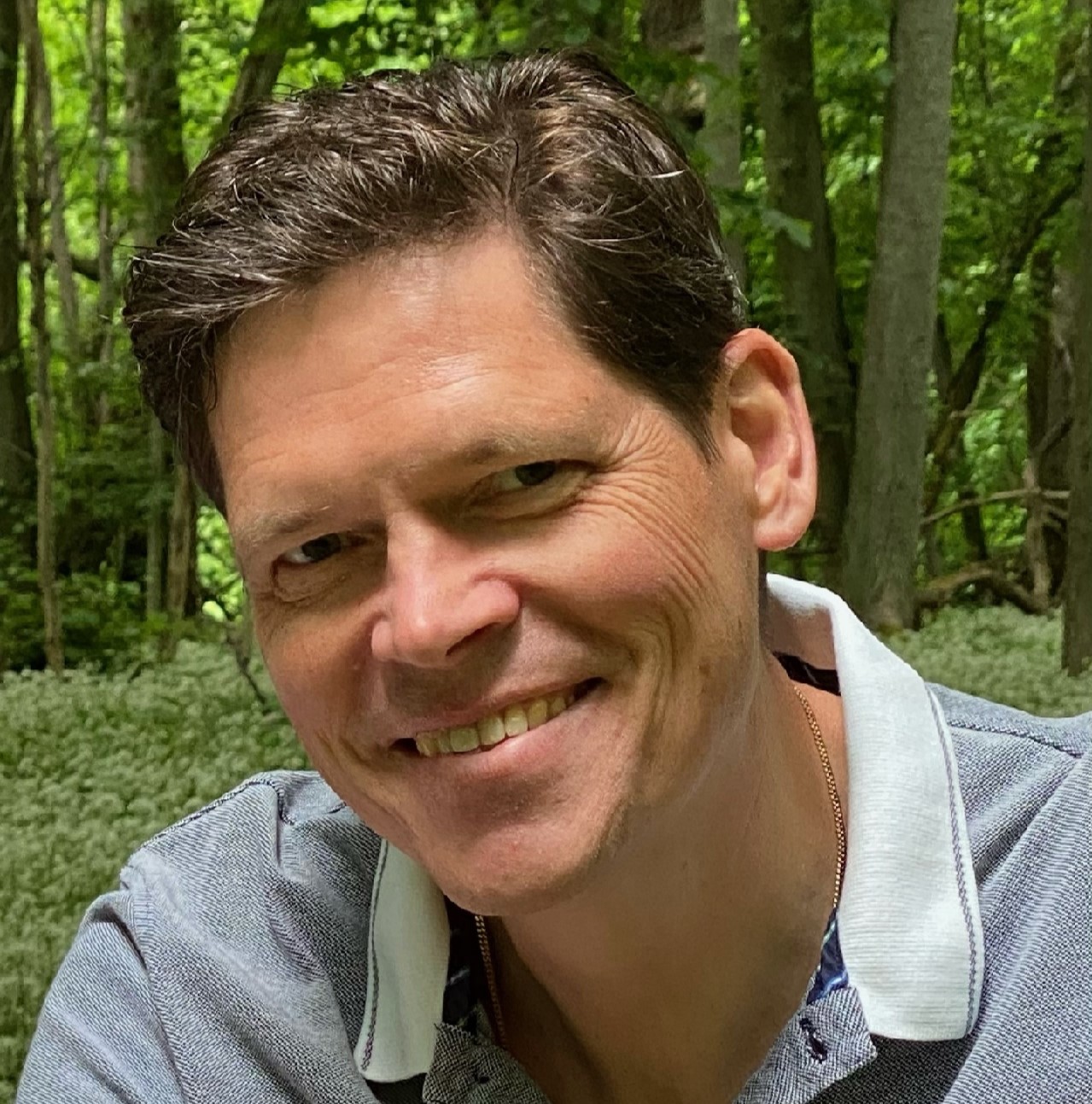

14:00
To Be Announced
14:30
Break
14:40
To Be Announced
15:10
Lean-Agile Transformation
Peter Palmér, Scania
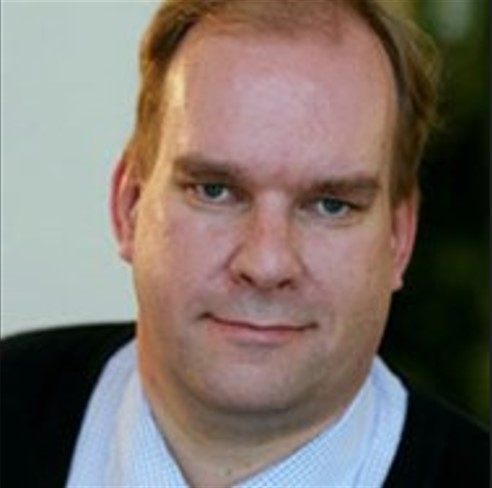

15:40
Networking Break

16:00
Keynote: Traversing the Technology Readiness Valley of Death
Durward Sobek II, Vice Provost at Montana University
“Traversing the Technology Readiness Valley of Death” includes a knowledge generation framework and management system that we have been working on. The work has many set-based underpinnings.
Set-based thinking / innovation is a central piece of the Lean Product Development System. In theory it is quite easy but we see very few clear implementations. Set-based is about improving the innovation level of your product development at the same time as you shorten time-to-market.
Another part of increasing the speed of innovation is about visible knowledge for flawless design, as described in the book with the same name by Allen Ward, Durward Sobek and Dantar Oosterwal. This book presents the reader with a systematic approach to create, capture, and display knowledge in a way that allows development teams to optimize the design of their products and production processes.
Durward K. Sobek II is a Professor at Montana State University in Bozeman, MT, and Program Coordinator of Industrial and Management Systems Engineering. He holds Ph.D. and M.S. degrees in Industrial and Operations Engineering from the University of Michigan, and an A.B. degree in Engineering Sciences from Dartmouth College.
Dr. Sobek has been researching lean product development and lean healthcare for nearly two decades, focusing on how organizations can increase their performance capacity through the application of lean principles. He is a co-founder of the Lean Product and Process Development Exchange, Inc., and has published numerous articles in publications such as Harvard Business Review, Sloan Management Review, and IEEE Transactions on Engineering Management. He is also co-author of three books: Lean Product and Process Development, 2nd edition, Understanding A3 Thinking: A Critical Component of Toyota's PDCA Management System and Visible Knowledge for Flawless Design.
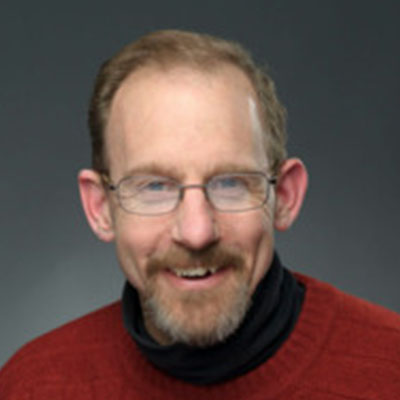

16:30
Break
16:40
Keynote: Disrupting Cyber-Physical Product Development: Delivering Innovative Solutions Faster and with Higher Quality
Harry Koehnemann, Methodologist and SAFe Fellow at Scaled Agile, Inc.
Over the past two decades, the software community has shown us how Lean-Agile practices can fuel rapid innovation and outpace the competition. Retail, media, and even industries like aerospace and automotive are embracing this revolution with proven success. It is now imperative that we adopt a new way of building and delivering these significant products. This brief talk explains the impact of the digital age and how it unlocks unprecedented agility and speed for product development in these industries.
Harry Koehnemann is a seasoned Enterprise Agile Coach and teacher specializing in Lean and Agile methodologies who brings real-world experience and deep expertise in applying Agile at scale. Participants will benefit from engaging teachings, hands-on exercises, and interactive discussions.
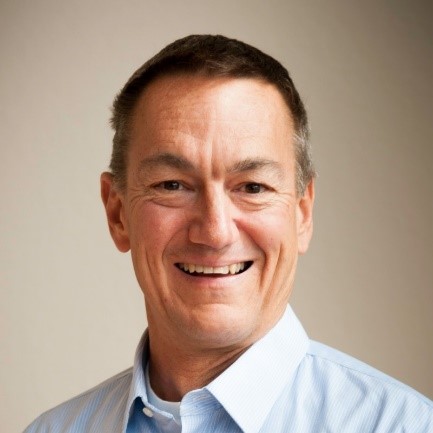
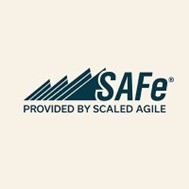
17:00
Panel Discussion

Dantar Oosterwal
Sr. Vice-president at Argo-Efeso consulting group

Durward Sobek
Vice Provost at Montana University

Fredrik Viljesjö
Founder, We Are Movement

Harry Koehnemann
Methodologist and SAFe Fellow at Scaled Agile, Inc.
18:00
Networking Buffet

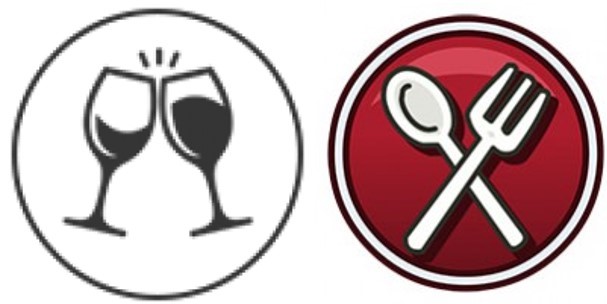
Wednesday, May 15, 2024 Post-Conference Workshops
Workshop Track 1
08:30 - 17:00
Lunch Included
Continuous Industrialization - Integrate product & production system development
Fredrik Viljesjö, Jesper Hoffstedt and Christian Fredriksson, We Are Movement
In an era where adaptability and efficiency are paramount, the concept of Continuous Industrialization emerges as a critical strategy for organizations aiming to thrive. This workshop will delve into the seamless integration of product development and production system development processes, illustrating how Lean, Agile and DevOps methodologies can revolutionize the way we think about manufacturing and service delivery.
We will explore the symbiotic relationship between the evolution of products and the systems that produce them, highlighting the importance of continuous improvement, flexibility, and collaboration across all levels of the organization.
By leveraging case studies and real-world examples, attendees will gain insights into implementing these practices to enhance competitiveness, reduce waste, and foster an environment of innovation and resilience in the face of changing market demands.
Fredrik Viljesjö, Founder and Senior Advisor/Trainer at We Are Movement
Fredrik is one of the founders of We Are Movement and works as an Advisor, Enterprise Agile Coach, and DevOps/Architecture Coach with a broad and deep skill set. With 15 years of experience in development, coaching, and management, he has worked with multinational companies in Stockholm to guide them through their Lean / Agile journey.
Guiding and training development organizations to deliver value. From overall strategy and portfolio to individual development teams. He knows the whole chain of activities required for DevOps and Agile work, from getting people to collaborate better to implement a CI/CD pipelines.
Jesper Hoffstedt, Lean-Agile Coach & Associated Trainer at We Are Movement
Jesper is a senior Lean-Agile coach and trainer with more than 20 years experience of Agile software delivery in industries like retail, telco, online betting and in the public sector.
With a background as developer and solution architect Jesper Hoffstedt has his roots in Agile craftsmanship. After 10 years of passionate software development Jesper has been focused on leading change by coaching organizations to take on a Lean-Agile mindset and practices that stimulates quality, engagement and a continuous flow of value. The last four years has been spent on coaching and driving a large Agile transformation within the public sector.
With a pedagogic mindset, prestige less attitude and focus on the participant’s environment Jesper is a highly appreciated teacher.
Christian Fredriksson, Lean-Agile Coach & Associated Trainer at We Are Movement and owner of Getability AB
Christian started to explore how organizations can find better ways to learn, organize and adapt in complex environments two decades ago in an academic research program and has since then gained practical experience from lean and agile ways of working in different roles and industries.
Since 2012 Christian has mostly been focusing on helping teams and organizations navigate in complexity and become more agile in an advisory and consulting role. He has helped companies within many different industries, such as banking, retail, travel, public sector, e-commerce and product developing companies, especially within hardware and mechatronical development, such as automotive.

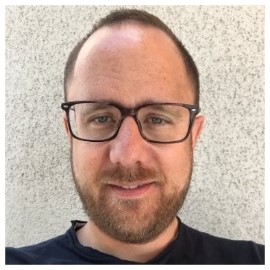
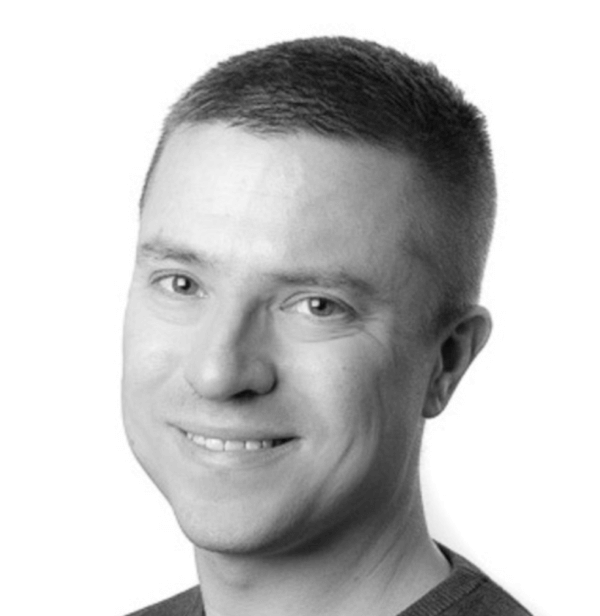

Workshop Track 2
08:30 - 17:00
Lunch Included
Leading Innovation – Direct & Indirect Leadership Skills Fit for the Future
Carl Starendal, We Are Movement
This one-day leadership workshop is a hands-on, interactive experience where participants will learn practical leadership skills, behaviors, and techniques. These are essential for a modern, agile, and team-based organization to solve problems and innovate rapidly. The workshop builds on the powerful leadership science and research into leadership practices, suitable for organizations dealing with ambiguity, complexity, and change, conducted by the Swedish Defence Academy. It extends these models and research into the product and service building domain.
Key Takeaways:
- Learn about The Leadership Model from the Swedish Defence Academy and build empowered teams with skills and techniques fit for a high-change, lean & agile organization.
- Understand how to build trust at scale using models, techniques, and practices for leading teams-of-teams and leading through other leaders.
- Get useful take-home tools, models, and practices to start building your own leadership dojo in your daily work.
Who Should Attend:
- Executive Managers
- Line Managers
- Group and Team Managers
- Release and Solutions Train Engineers (STEs)
- Program and Project Managers
- Scrum Masters & Product Owners
- Lean/Agile Coaches
About Carl Starendal:
Carl Starendal is a Leadership/Agile Development Expert with decades of hands-on experience as an entrepreneur, manager, and leader across a diverse range of industries. He is a sought-after keynote speaker on leadership, management, and lean/agile product development, as well as a highly regarded mentor & advisor. Carl is also one of the Transformational Leadership Trainers (Utvecklande Ledarskap) certified by the Swedish Defence Academy.
He is a global SAFe Fellow, an official contributor to the SAFe Framework, and a key person behind the Release Train Engineer (RTE) certification course facilitator. Carl is the founder of the leadership & agile advisory firm We Are Movement, the music recording studio Ljudlabbet, the AI startup Machine Behaviour, and one of the founders of the Swedish biodiversity foundation Rädda En Art.
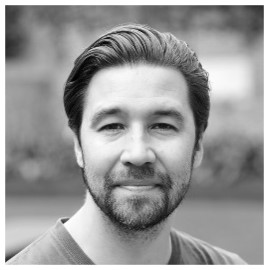

Workshop Track 3
08:30 - 17:00
Lunch Included
Achieving Industrial Agility – Scrum for Hardware Explained
Paolo Sammicheli, Klimsoft and Scrum@Scale
The workshop "Achieving Industrial Agility: Scrum for Hardware Explained" offers a deep dive into adapting Agile for industrial hardware development. It's designed specifically for leaders within the industrial field – including entrepreneurs, senior executives, and key decision-makers – searching for effective strategies to overcome common challenges in product development. Under the guidance of Paolo Sammicheli, author of the world's first significant publication on the subject, participants will explore a unique framework that blends Scrum, Lean, and Agile Engineering. This approach has proven successful in accelerating product development, enhancing collaboration across departments, and responding swiftly to market changes. The workshop draws on real-world examples from industry giants like Tesla, SpaceX, and Haier, providing participants with actionable insights and strategies. Attendees will learn how to apply these practices to their organization, leading to faster delivery times, better team alignment, and more consistent innovation. Whether dealing with projects that exceed budgets, slow down due to internal misalignment, or fail to meet customer expectations, this workshop offers practical solutions to streamline processes and improve product outcomes.
Key Takeaways
Participants will leave the workshop with the ability to:
- Grasp the concept of Industrial Agility and its critical role in staying competitive in today's fast-paced industrial environment.
- Implement a combination of Scrum, Lean, and Agile Engineering practices to enhance the efficiency and effectiveness of hardware development.
- Address and mitigate typical project development challenges, including financial constraints, team alignment issues, and adapting to unforeseen changes.
- Leverage adaptable product and process platforms for easier and quicker product iterations.
- Develop strategies for scaling Agile practices across multiple teams and locations, improving collaboration with external partners and vendors.
- Make strategic decisions to optimize business impacts with minimal effort and resources.
Paolo Sammicheli is an Italian entrepreneur with over 30 years of experience, international speaker, and author of the books Scrum for Hardware, Scrum for Hardware Explained, and Scrum in AI - Artificial Intelligence Agile Development with Scrum and MLOps, which includes a foreword by Jeff Sutherland, co-author of Scrum and the Agile Manifesto. Today, Paolo works as a Registered Scrum Trainer and Coach for Agile Education by Scrum Inc. and helps organizations worldwide discover better ways to delight their customers. He is also a Lean-Agile Procurement and Management 3.0 trainer. He holds an "Executive Certificate in Management and Leadership" from the Sloan School of Business at the Massachusetts Institute of Technology.



Workshop Track 4
08:30 - 12:00
Lean System of Decision Making with particular focus on a System called Choosing By Advantages in Design and Engineering
Anand Nicodemus, Fluor
Masterclass : A Lean System of Decision Making with particular focus on a System called Choosing By Advantages in Design and Engineering. This will be a 4 hour workshop without any power point slides. There are three parts to this. Strategic Analysis ( covering the CBA – Choosing By Advantages System), Financial Analysis to support the Strategic Analysis , and finally a set of tools - Star bursting, Decision Trees, McKinsey’s 7s and TELOS. They will all come together for a system of decision making that is a paradigm shift.
Decision making often is tough and takes far too long expecially when you have to establish the feasibility of a product or plant (Facility) that is being designed. Decision making can be convoluted and fraught with potential for errors. A lean system of decision making is taught with the following key objectives:
- Merging financial and strategic analysis in Design and Engineering decision making, so they come together coherently. The cost impact of design decisions ( when you have to choose from multiple alternatives) on payback, NPV and IRR become crystal clear
- Speeding up the design decision making by a factor of 2X to 4X by having absolute focus on what is important to making the right decision and eliminating noise and distraction
- Ensuring that all Design Partners are well integrated into the decision process and nothing is a surprise to them.
- Reducing faulty design decisions, through eliminating convoluted thinking on merits and demerits, advantages and disadvantages and pros and cons.
- Making the final decision successful through identification of critical success factors.
The Lean System of Decision Making workshop integrates
- Financial Analysis including Payback, Sensitivity, NPV and IRR
- Strategic Analysis using a system called Choosing By Advantages ( Credit : Jim Suhr)
- Implementing Design Decisions ( the final choice from a set of alternatives) using the McKinsey 7s Technique
Anand Nicodemus, is currently the Global Director for Lean within a Fortune 500 integrated Engineering , Fabrication and Construction Company , tasked with building it worldwide lean capacity and capability; and guiding its application of lean for Transformation . He is also the Lean Sensei of Lean Practitioners Canada a not-for-profit Lean advocacy, coaching and practice organization - the first of its kind in Canada.
Anand is a Professional Engineer from Alberta and a Lean Sensei, with demonstrated success of application of Lean Thinking and Management in over 80 organizations across 12 countries in improving their Strategy and Operational Performance.
As Head of Business Excellence for one of the largest Crown Corporations in the World, Anand set up and operated a Strategy & Continuous Improvement System that spanned 22 Business Units, and generated financial benefits of over a billion in a 5 year period and an Annual Recurring Benefit 20 times the operating budget for Business Excellence
He advocates the idea that transformation is possible when an enterprise operates as a "community", for which he has developed an “execution model”, with a set of powerful enablers from the world of Lean Culture. This is a human-centered approach with a higher probability of success.
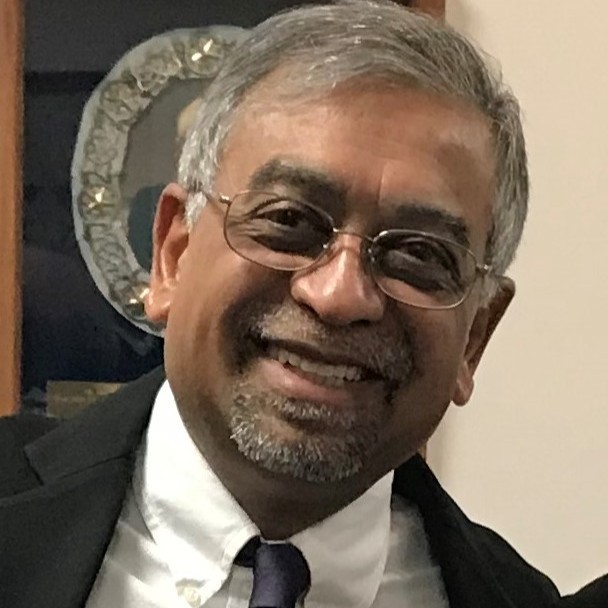
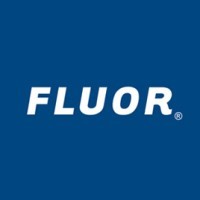
12:30
Lunch

13:30 - 17:00
Do's and Don'ts When Transforming with SAFe
Rune Kølle Christensen, Scaled Agile
This half-day workshop has three main parts;
Part I: Understanding the Implementation Runway
In Part I, we explore some key challenges organizations face when embarking on a Lean-Agile transformation.
Part II: Organizing around Value
In Part II, we look into patterns for organizing around value in large solutions.
Part III: Measuring Your Lean-Agile Transformation
In Part III, we discover ways to measure the value of our transformation.
This workshop is meant to be highly interactive and we welcome participants with their own problems and doubts to come with them to discuss the solutions with Rune and the other participants.
Rune Kølle Christensen is a SAFe Practice Consultant-T (SPCT), the highest level of certification provided by Scaled Agile Inc., the company behind the Scaled Agile Framework (SAFe). He has been working as a Strategic Advisor for Scaled Agile since January 2020, supporting enterprises in the EMEA region adopting Lean-Agile principles and practices across their organization and achieving greater business outcomes.
With over 20 years of experience in software and cyber-physical solutions across various industries and domains, he is passionate about delivering value to customers and enabling continuous improvement and innovation. He also has extensive experience working with distributed and multicultural teams across geographical boundaries.
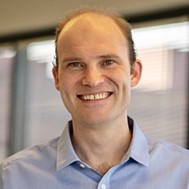

Agenda under development, minor changes pending
Register Now!
LPPDE events have an impressive gathering of lean product and process development practitioners. We’ve assembled an impressive lineup of keynote speakers.
